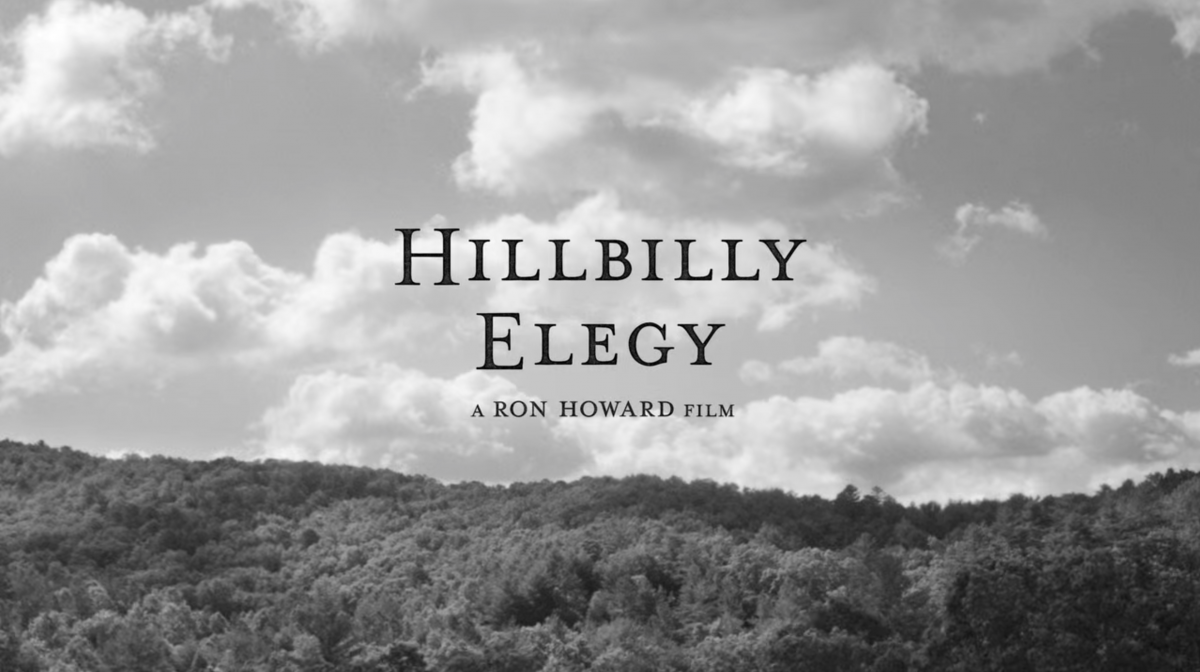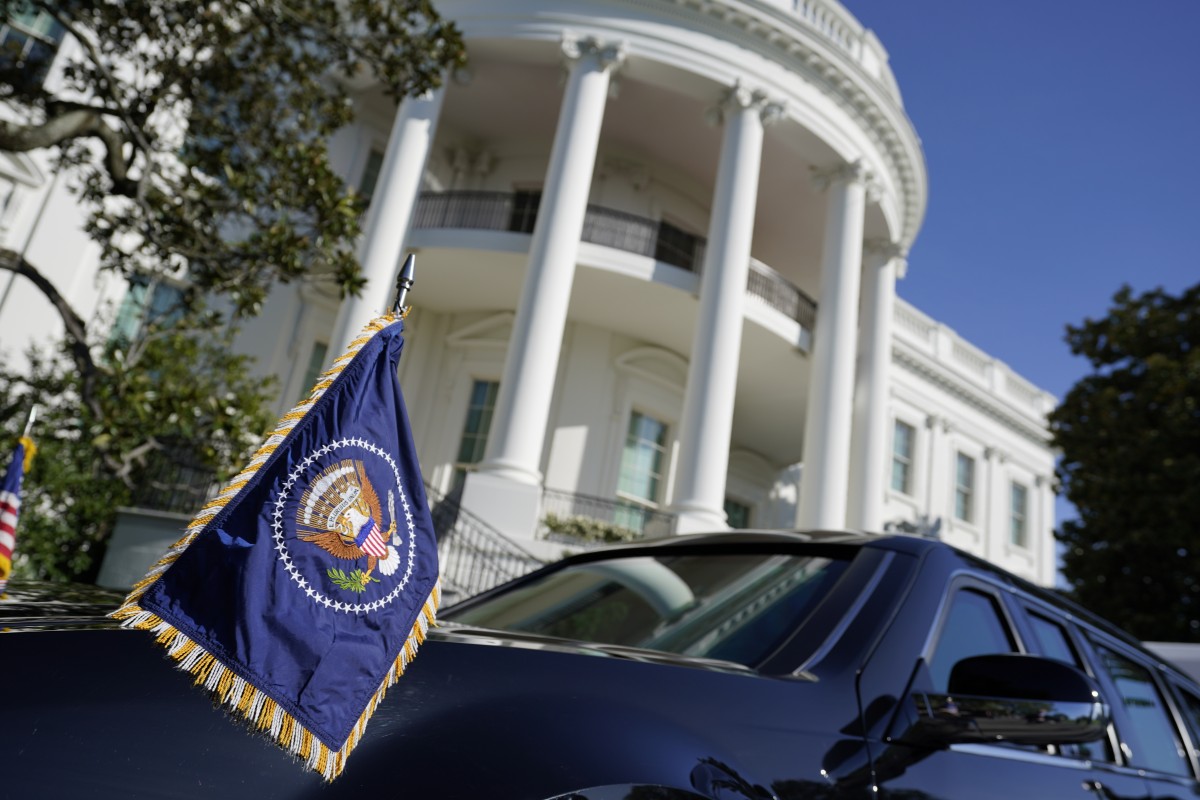When Mary Lou Estler married her late husband Bob in 1960, it wasn’t long before she was introduced to a priceless family heirloom — an heirloom tomato.
“They had beautiful dinners,” Mary Lou said. “And Mrs. Estler owned a Blenko piece of glass. All the way around would be these gorgeous slices of mortgage lifter tomatoes. So that was always a favorite.”
These weren’t the so-called “Radiator Charlie” mortgage lifter tomatoes you find in lots of seed catalog nowadays. That’s a completely different plant that originated in Logan, West Virginia, sometime in the 1930s.
The tomatoes on that Blenko serving dish was a breed developed by Mary Lou’s father in law William Estler. It first showed up back in the mid-1920s—years before Radiator Charlie brought his tomato to market.
“Mr. Estler had two tomatoes that he was raising,” Mary Lou said. He was on a quest to develop a low-acid tomato. “Evidently he put those two tomatoes together and came up with this one very special tomato.”

Special indeed. Some reports say the plants could grow up to 12 feet tall. The tomatoes themselves were round, red on the outside, pink on the inside, and could weigh up to two and a half pounds apiece. But most important of all, they were delicious — pleasantly sweet, not acidic and sour.
“Mrs. Eslter had them for breakfast with a little sugar on them,” Mary Lou said.
The tomatoes were a hit with family and friends alike. So William Estler built a greenhouse and started raising seedlings.
“He sold them to local vendors, to local nurseries,” said Dean Williams, Mary Lou’s son-in-law and the family’s unofficial tomato historian. “And he did not sell anything on a retail basis, he strictly sold on a wholesale basis to some of these nurseries.
I never saw anything that gave an indication they were trying to make this into a national type of tomato.”
It was actually an off-hand remark by an employee of one of those nurseries who gave the tomato the name “Mortgage Lifter.” William Estler liked the name so much, he had it copyrighted in 1932.
By the time Mary Lou joined the family, though, her father-in-law was getting up in years. He’d turned over the farm to his son Bob, Mary Lou’s husband. And Bob converted much of the property to a nine-hole golf course to keep from having to sell it.
Bob kept raising his father’s tomatoes, though. And his passion only increased after his father passed away in 1968, in a house fire.
“Bob would put out about 75 tomato plants,” Mary Lou said. “And then he would make a point to save the choice tomatoes to save the seed from.
Dean Williams once made the mistake of bringing Mary Lou a cherry tomato plant.
“That was a no-no. A definite no-no,” he said. “He would not allow any other tomato on the property to grow because he did not want to find any cross-pollination of any sort. He wanted the purity of his tomato and that strain to remain intact.”
If Bob was so protective of his father’s tomato that he wouldn’t even allow other breeds on his property, you can imagine how he felt when he heard there was another tomato making the rounds that was also called “Mortgage Lifter.”
In 1987, Bob received a letter from a guy in Texas who got Mortgage Lifter seeds from his sister. She lived in Huntington and got Mortgage Lifter seeds from Bob. The Texan was leafing through a Southern Exposure Seed Exchange catalog one day when he came across a Mortgage Lifter tomato … attributed not to William Estler of Barboursville, West Virginia, but to a “Radiator Charlie” from Logan, West Virginia. Confused, he wrote Bob a letter to see if he could clear things up.
“We were like, ‘What?’” Mary Lou said. “It was really rather shocking, to find out that someone else was getting the credit for all of Mr. Estler’s hard work.”
The Estler family didn’t have much recourse. William Estler’s copyright lapsed in the 1970s after the family attorney failed to file a renewal. So Bob did the only thing he could. He fired off a letter to Southern Exposure, demanding the listing be removed.
Bob did not believe Radiator Charlie was claiming William Estler’s tomato as his own. They’re different plants, bred from different parent tomatoes. Bob just felt that, with the Radiator Charlie tomato using the “Mortgage Lifter” name, his father’s tomato — the original mortgage lifter in his mind — was being overshadowed.
The letter didn’t work. Southern Exposure and a lot of other seed catalogs still sell Radiator Charlie’s tomato, and it’s still called the “Mortgage Lifter.”
But for the rest of his life, Bob did what he could to set the record straight. He gave lots of interviews to newspapers, magazines and TV stations. He also gave away a lot of tomatoes.
That generosity is part of the reason the Estler Mortgage Lifter is still around today.
Mary Lou tried to keep the strain going after Bob died in 2012 but couldn’t contend with the deer that like to stop by. Her son-in-law Dean Williams grows tomatoes that he’s pretty certain are Estler Mortgage Lifters.
“They came from the Hatcher nursery in South Point (Ohio),” Williams said. “We grew three plants this year. They came in fairly well. We still have quite a few tomatoes. But they’re on the smaller side than what they’re used to.”
But Bob sent seeds to lots of people through the years. The family has heard that relatives in Virginia are growing Estler Mortgage Lifters. There’s tales the seeds made it to Australia and Panama and Africa. But the family knows for sure that a niece in Alabama is still growing the genuine article. She is going to send seed back to West Virginia so Dean can get them going here again.
That’s what’s special about heirloom seeds varieties. Their stories are never over, so long as people keep growing them. And knowing the story only makes the food taste better.
This story was originally published by West Virginia Public Broadcasting. It is part of the Inside Appalachia Folkways Reporting Project, a partnership with West Virginia Public Broadcasting’s Inside Appalachia and the Folklife Program of the West Virginia Humanities Council.
The Folkways Reporting Project is made possible in part with support from Margaret A. Cargill Philanthropies to the West Virginia Public Broadcasting Foundation. Subscribe to the podcast to hear more stories of Appalachian folklife, arts and culture.



